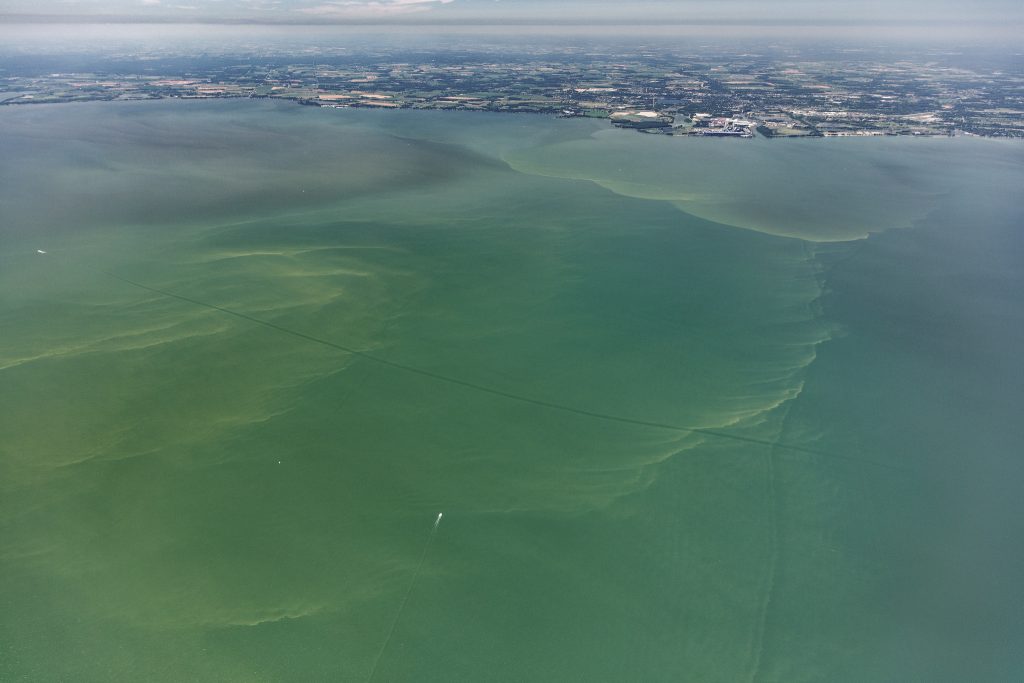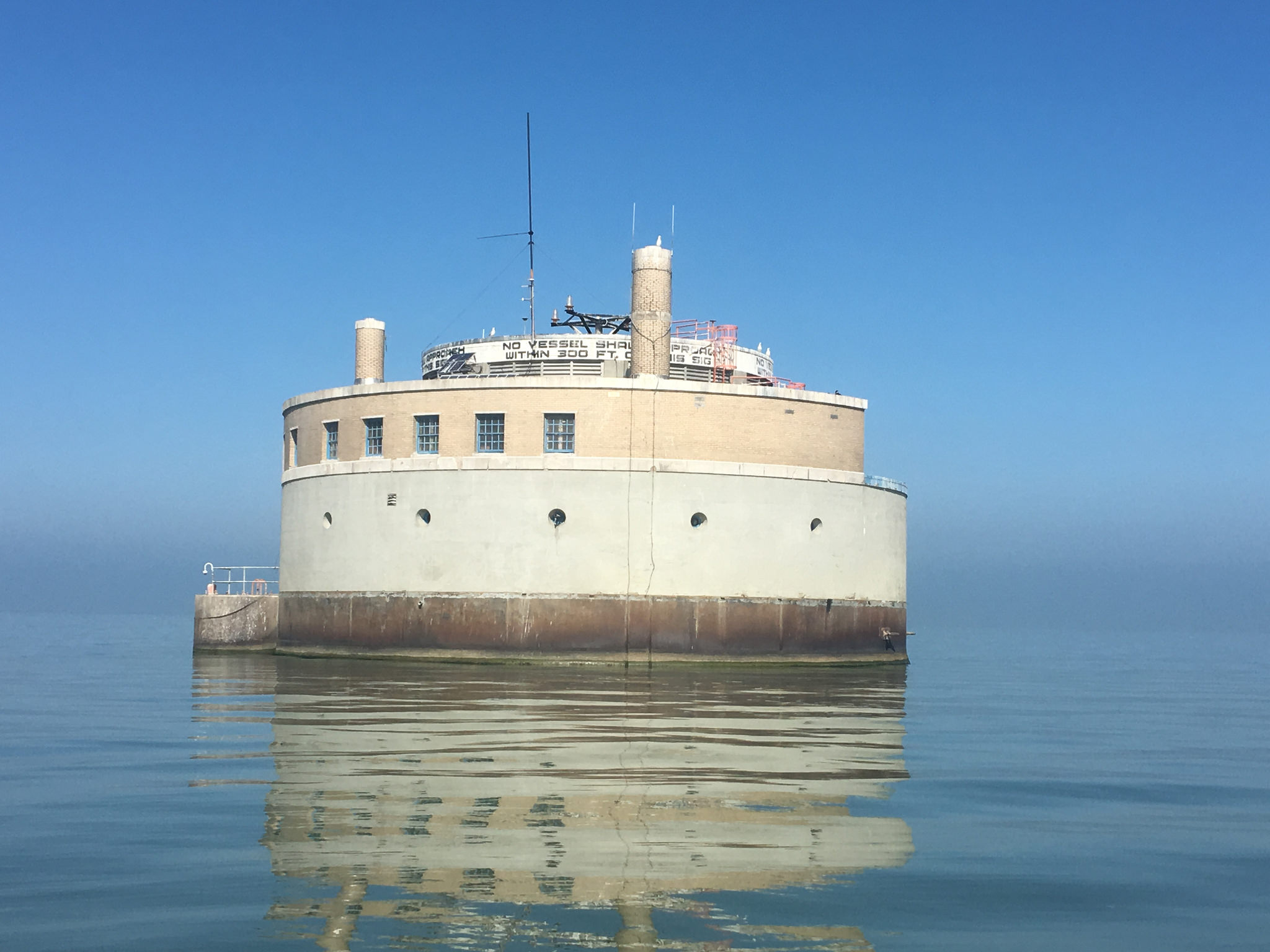What Is the Lake Erie Bill of Rights?
Toledo voters approve charter amendment to protect water, but there are legal questions ahead.

It’s been almost five years since toxic algae polluted Toledo’s water supply. Despite efforts to reduce phosphorus and other pollution in Lake Erie, harmful algae blooms keep forming in the lake’s western basin every year. Some residents are so frustrated, they came up with a plan that they hope will protect the lake and hold polluters accountable. It’s called the Lake Erie Bill of Rights. With the help of the Community Evironmental Legal Defense Fund, Toledoans successfully fought to put the measure on the ballot as an amendment to the city charter. Voters approved it on Feb. 26, 2019.

Supporters argue that Lake Erie and its ecosystem have their own natural rights, and that citizens have the right to take legal action on their behalf to protect those rights.
Nick Schroeck is an assistant professor of law and director of clinical programs at the University of Detroit-Mercy law school. He says the basis of the amendment is the idea that nature has the same rights humans do.
“Potentially, Lake Erie could bring litigation on behalf of itself,” Schroeck says.
But since the lake cannot speak for itself, the Lake Erie Bill of Rights, as written, gives individuals legal standing to go to court on its behalf. Although less than 9 percent of Toledo’s registered voters cast ballots, 61 percent voted in favor of it.
It didn’t take long for opponents to challenge the legality of the amendment. According to the Toledo Blade, lawyers representing an Ohio farm filed a federal lawsuit against LEBOR the day after the election.
Farmers and business leaders say Toledo’s new law will expose them to a massive number of expensive lawsuits. Some also argue it would bring economic development in the city to a halt.
Legal researchers at Ohio State University’s College of Food, Agriculture, and Environmental Scientists examined LEBOR. They found that efforts like this have a “bad track record in courts nationwide,” and that it is likely that Ohio courts would not enforce or uphold legal actions brought by those acting on the lake’s behalf.
Click here to read “In the Weeds”.
Click on the audio player to hear the conversation with WDET’s Pat Batcheller.
Lake Erie Bill of Rights by WDET 101.9 FM on Scribd
